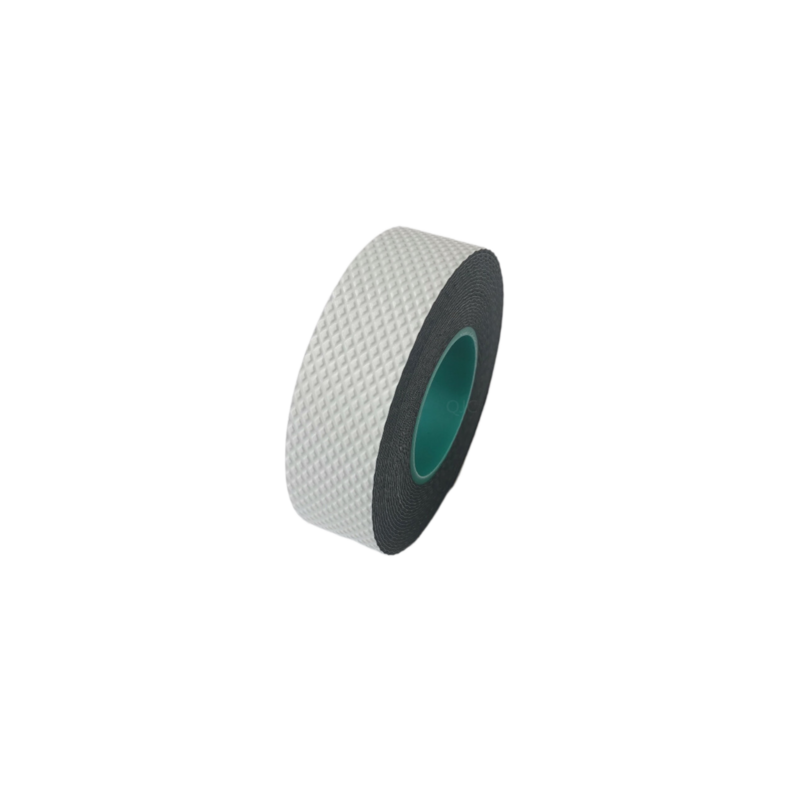The Role of Fiberglass Tape in Electrical Insulation
In the modern world, electricity is a vital part of our daily lives, powering everything from our homes to industrial machinery. However, with this reliance on electrical systems comes the critical need for safety and efficiency. One crucial component in ensuring electrical safety is insulation, and fiberglass tape has emerged as a preferred choice among various electrical insulation materials. This article explores the properties, applications, and benefits of fiberglass tape in electrical insulation.
What is Fiberglass Tape?
Fiberglass tape is a type of adhesive tape that is made from woven fiberglass, offering exceptional tensile strength and excellent electrical insulation properties. The manufacturing process typically involves weaving finely spun strands of glass into a fabric, which is then coated with a heat-resistant adhesive. This combination results in a durable, non-conductive tape that is highly effective in insulating electrical components.
Properties of Fiberglass Tape
The effectiveness of fiberglass tape as an electrical insulator can be attributed to several key properties
1. High Dielectric Strength Fiberglass tape exhibits excellent dielectric strength, meaning it can withstand high voltage without conducting electricity. This makes it ideal for use in applications where insulation against electric shock is paramount.
2. Thermal Resistance In addition to electrical insulation, fiberglass tape is also resistant to high temperatures. This property ensures that it maintains its integrity and insulating capabilities even in environments where other materials might degrade. Its ability to withstand temperatures as high as 180°C (356°F) makes it suitable for applications in high-heat environments.
3. Chemical Resistance Fiberglass tape is resistant to many chemicals, including oils, solvents, and other corrosive substances. This resistance ensures that it remains effective as an insulator even in harsh conditions where other materials might fail.
4. Mechanical Strength The woven structure of fiberglass gives the tape exceptional mechanical strength, making it durable and resistant to wear and tear. This durability is particularly important in industrial applications where the tape may be subjected to mechanical stress.
Applications of Fiberglass Tape in Electrical Insulation
fiberglass tape for electrical insulation

Fiberglass tape is widely used in various electrical applications, including
1. Motor and Generator Windings It is commonly employed to insulate windings in electric motors and generators. The tape wraps around the windings, preventing short circuits and electrical leakage.
2. Transformer Insulation In transformers, fiberglass tape is used to separate and insulate windings. Its high-temperature resistance is critical in preventing breakdowns due to overheating.
3. Cable Bundling Fiberglass tape is also used for bundling cables together to protect them from abrasion and to provide additional insulation.
4. Electrical Repairs When repairing electrical components, fiberglass tape can serve as an effective insulator, ensuring that repairs maintain electrical safety standards.
Benefits of Using Fiberglass Tape
The use of fiberglass tape in electrical insulation comes with numerous benefits
- Safety By providing excellent electrical insulation, fiberglass tape enhances the safety of electrical systems, reducing the risk of electrical shocks and fires.
- Durability and Longevity The mechanical and thermal properties of fiberglass tape contribute to its long lifespan, ensuring that insulation remains effective over time.
- Versatility With its range of applications, fiberglass tape is suitable for both residential and industrial uses, making it a versatile choice for professionals and DIY enthusiasts alike.
In conclusion, fiberglass tape plays a crucial role in electrical insulation, providing a combination of high dielectric strength, thermal resistance, and chemical durability. Its applications span across many areas of electrical engineering, making it an essential tool in ensuring safety and efficiency in electrical systems. As technology continues to advance, the use of fiberglass tape will likely expand, further solidifying its position as a key material in electrical insulation.
-
XIANGFAN Rubber Tape-Ultimate Solutions for All Your Insulation NeedsNewsJun.24,2025
-
XIANGFAN Rubber Tape-Protection for Industrial and Residential ApplicationsNewsJun.24,2025
-
XIANGFAN Rubber Tape: Superior Safety and Sealing for Demanding EnvironmentsNewsJun.24,2025
-
XIANGFAN Rubber Tape: Reliable Solutions for Every Electrical ChallengeNewsJun.24,2025
-
XIANGFAN Electrical & Industrial Tape: Powering Reliability Across IndustriesNewsJun.24,2025
-
XIANGFAN Electrical & Industrial Tape: Excellence in Every ApplicationNewsJun.24,2025
